Unlocking the Potential: A Guide to Refinancing Your Investment Property
As an investment property owner, refinancing your property is an excellent way to leverage your assets and maximize your financial returns. Refinancing can help you to lower your monthly payments, reduce your interest rates, and even get cash out for other investments. In this guide, we will provide you with all the information you need to know to refinance your investment property successfully.
Conforming Loan Refinance Process
One of the essential things to understand about refinancing your investment property is the conforming loan refinance process. A conforming loan is a loan that meets the criteria set by Fannie Mae and Freddie Mac, two government-sponsored entities that purchase and guarantee mortgages. A conforming loan can be an excellent option for investment property owners because they typically offer lower interest rates and more favorable terms than non-conforming loans.
The refinance process for a conforming loan is similar to the process for any other mortgage. You will need to shop around for the best rates and terms, submit an application, and provide all the necessary documentation to the lender. The lender will then review your application and determine whether you qualify for the refinance.
Mortgage Rates
Mortgage rates are a critical factor to consider when refinancing your investment property. Mortgage rates can vary widely depending on several factors, including your credit score, loan-to-value ratio (LTV), and current market conditions. As an investment property owner, you may find that you will be offered higher rates than you would be if you were refinancing a primary residence.
To get the best possible rates, it’s essential to shop around and compare offers from multiple lenders. You can also consider working with a mortgage broker who can help you find the best rates and terms for your investment property.
Closing Costs
Closing costs are another factor to consider when refinancing your investment property. Closing costs can include fees for the appraisal, title search, attorney fees, and more. It’s important to factor in these costs when determining whether refinancing is the right choice for you.
One option to consider is a no-closing-cost refinance. With this type of refinance, the lender pays the closing costs, but you may be charged a higher interest rate. This can be a good option if you want to reduce your upfront costs, but it’s important to weigh the pros and cons carefully.
Loan-to-Value Ratio (LTV)
The loan-to-value ratio (LTV) is another critical factor to consider when refinancing your investment property. The LTV is the ratio of the amount of the loan to the appraised value of the property. Lenders typically require a maximum LTV of 80% for investment properties, meaning that you will need to have at least 20% equity in the property to qualify for a refinance.
If you have less than 20% equity in your investment property, you may be able to qualify for an FHA loan, which allows for a maximum LTV of 97.75%. However, FHA loans typically come with higher interest rates and more strict eligibility requirements.
Conclusion
Refinancing your investment property can be an excellent way to unlock its potential and maximize your financial returns. However, it’s essential to understand the process and consider all the factors carefully before making a decision. By considering the factors we’ve discussed in this guide, including conforming loans, mortgage rates, closing costs, and the loan-to-value ratio, you can make an informed decision about whether refinancing is the right choice for your investment property.
(Review our Refinance Calculator to consider if a Refinance is the best option for you. Also, before the refinance process, remember to check your middle credit score at Middle Credit Score® to ensure your middle credit score, which is the approval credit score most lenders use, is the strongest it can be. Doing so allows consumers to avoid lenders’ guidelines which will often charge higher fees, points, and interest rates with a lower-than-average middle credit score. Plan ahead with MiddleCreditScore.com.)






